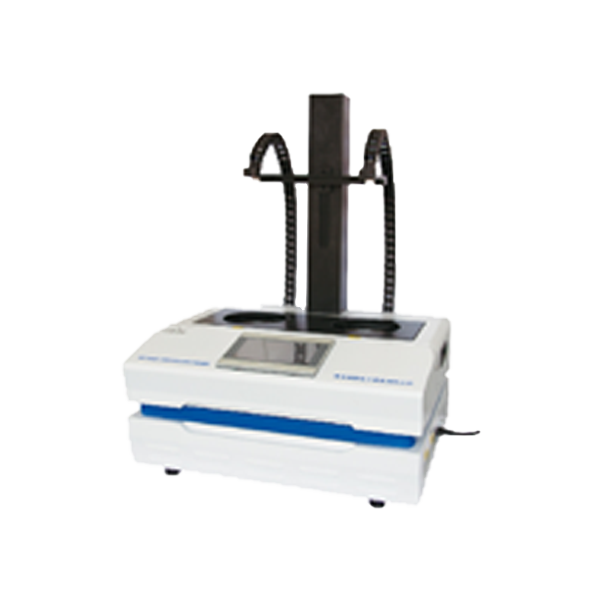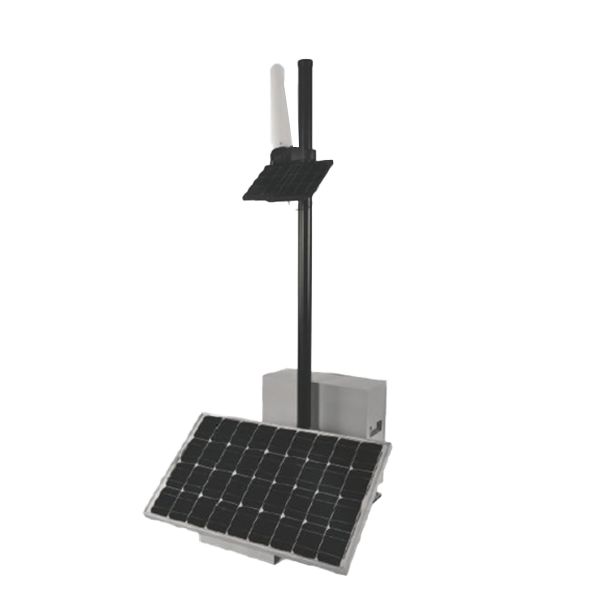hotline:020-29026320 |13903018415
-
-

Radiation detection instrumentation
-
HYGP-2223 exposure type X, γ radiation measuring instrument
-
HYGP-2223BX, gamma dose rate meter (with tripod)
-
FI-329M intelligent household nuclear radiation detector
-
HY-2000M digital multi-channel gamma spectrometer
显示更多 -
-

Laboratory Equipment
-
Radioactive distillation apparatus in water
-
2200Q portable turbidity meter
-
SPE Solid Phase Extraction Device
-
Portable spectrophotometer
显示更多 -
-

Portable environmental monitoring equipment
-
VOCs gas analyzer
-
Portable handheld VOC detector
-
Portable all-in-one multi-parameter analyzer
-
Dust detector
显示更多 -
-

Environmental online monitoring system
-
CM-WG8200 grid air quality detection system
-
On-line monitoring system for CM-VOCs-5000 volatile organic compounds
显示更多 -
-

UAV Online Environmental Monitoring
-
OS-2 UAV Electromagnetic Environment Monitoring System
-
Nuclear emergency radioactive source search UAV
-
UAV Monitoring System
显示更多 -
-

On-line Monitoring System of Electromagnetic Radiation
-
On-line Monitoring System of Electromagnetic Radiation
-
Automatic Monitoring System of HYEH460 Electromagnetic Radiation
-
HY-900A launch type radiation environment automatic monitoring station
-
OS-8 S Frequency Selective Electromagnetic Environment Online Monitoring System
显示更多 -
-
Unlocking the Secrets: The Working Principles of Labs
2025-07-25
The Heart of Discovery: Understanding Labs
Ever wondered what makes a lab (laboratory) tick? Well, strap in, because we’re diving deep into the working principles that keep these scientific wonderlands buzzing with activity!
What is a Lab?
First off, let’s clarify what we mean by a lab. A laboratory, or lab for short, is a controlled environment where scientists conduct experiments, make observations, and develop new products. Think of it as a playground for the scientifically inclined! 🧪
The Core Components of Lab Functions
Alright, so what exactly goes on in these labs? Well, several key principles govern their operations:
1. Controlled Environment
One of the primary working principles of any lab (laboratory) is the controlled environment. This means everything from temperature to humidity is monitored and adjusted to ensure optimal conditions for experiments. Imagine trying to bake a cake in a snowstorm—no thanks!
2. Safety Protocols
Safety first, right? Labs are notorious for their safety protocols. Whether it's wearing goggles or handling chemicals with care, these rules are in place to keep everyone safe. After all, nobody wants to turn into a science experiment themselves! 😅
3. Precision and Accuracy
When it comes to science, precision is key. Labs use sophisticated instruments to measure and analyze samples accurately. Think of it like trying to hit the bullseye in darts—every little detail counts!
The Role of Technology in Labs
Can we talk about technology? Because, let me tell you, it’s a game changer. From automated pipettes to high-tech microscopes, modern labs rely heavily on technology to perform experiments efficiently. And let’s not forget data analysis software that crunches numbers faster than you can say "supercalifragilisticexpialidocious"!
How Labs Drive Innovation
So, why do labs (laboratory) matter? They’re the backbone of innovation! Every groundbreaking discovery, from life-saving drugs to renewable energy solutions, often starts in a lab. It’s where creativity meets science, and magic happens.
1. Collaboration
Let’s not forget the collaborative spirit of labs. Scientists often work in teams, pooling their expertise to tackle complex problems. It’s like assembling the Avengers, but instead of saving the world from aliens, they’re finding cures for diseases!
2. Continuous Learning
Another principle at play is continuous learning. Labs are always evolving, with new techniques and technologies emerging regularly. This constant push for knowledge keeps researchers on their toes and drives the scientific community forward.
Challenges Faced by Labs
Of course, it’s not all sunshine and rainbows in the lab world. Researchers face numerous challenges, from funding cuts to ethical dilemmas. But hey, that’s what makes the journey worthwhile, right? 💪
The Future of Labs
As we look to the future, labs will undoubtedly continue to play a pivotal role in shaping our world. With advancements in technology and a growing focus on sustainability, the next generation of labs may look vastly different from what we know today. Who knows? Perhaps one day, we’ll have labs on Mars! 🚀
Conclusion: The Lab Landscape
In conclusion, understanding the working principles of labs (laboratory) gives us a deeper appreciation for the scientific endeavors that propel our society forward. Whether you’re a budding scientist or just someone curious about the world, the role of labs in our lives is undeniably fascinating. So, the next time you hear about a lab, remember there’s a lot more going on behind those closed doors than meets the eye!

COOKIES
Our website uses cookies and similar technologies to personalize the advertising shown to you and to help you get the best experience on our website. For more information, see our Privacy & Cookie Policy
COOKIES
Our website uses cookies and similar technologies to personalize the advertising shown to you and to help you get the best experience on our website. For more information, see our Privacy & Cookie Policy
These cookies are necessary for basic functions such as payment. Standard cookies cannot be turned off and do not store any of your information.
These cookies collect information, such as how many people are using our site or which pages are popular, to help us improve the customer experience. Turning these cookies off will mean we can't collect information to improve your experience.
These cookies enable the website to provide enhanced functionality and personalization. They may be set by us or by third-party providers whose services we have added to our pages. If you do not allow these cookies, some or all of these services may not function properly.
These cookies help us understand what you are interested in so that we can show you relevant advertising on other websites. Turning these cookies off will mean we are unable to show you any personalized advertising.
online message
Telephone:13903018415(Manager Wang)
Business: 020-29026320
E-mail:wangxueli@haiyoukj.com
Address: Room 703, Tian 'an Innovation Building, Panyu Energy Saving Science Park, 555 Panyu Avenue North, Donghuan Street, Panyu District, Guangzhou

Sweep code attention

